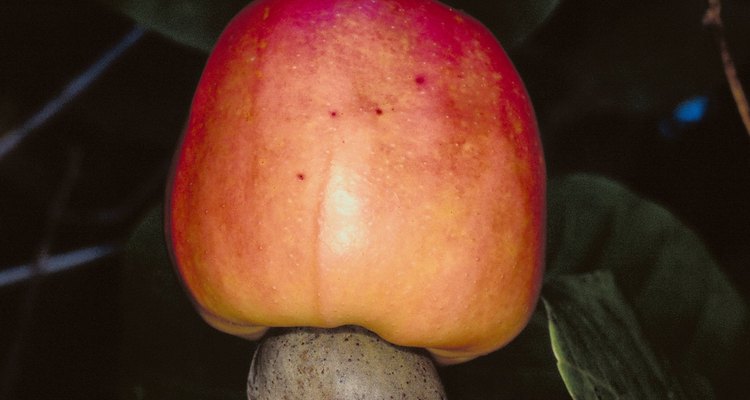
Jupiterimages/Photos.com/Getty Images
The cashew nut is the seed nestled inside a shell that grows on the fruit of the cashew tree. The shell is toxic, so the nut has to be removed before it can be eaten. This is typically done by roasting the nut in the shell; the shells are then removed by hand. Raw cashews, therefore, are not really raw; they have already been roasted to remove the shell. Cashews marketed as roasted have been roasted a second time, after they have been removed from the shell.
Nutritional Stance
When you buy raw cashews from the store, you are buying the nut that has not been altered since it was removed from its shell. When you buy roasted cashews, these nuts have been roasted once more, usually sprinkled with salt or other seasonings. Raw and roasted cashews have the same amount of nutrition, according to the American Institute for Cancer Research. Heating the cashew has no affect on fat composition nor nutritional value. If the roasted cashews are seasoned with ingredients such as salt, honey or other flavors, the additional ingredients will alter the nutrients and calories.
Flavor Profile
Raw cashews have a mild, buttery flavor that can easily be overpowered by other foods. The light, natural taste of the nut is enhanced when it is roasted. Lightly roasting cashews brings out the sweet, buttery flavor of the nut, especially when eaten warm. Eating cashews raw or roasted comes down to personal preference and whether or not you are looking for an understated or more robust flavor profile.
Versatility
Since raw cashews have a more mild flavor than the roasted variety, the raw nut has more versatility than the roasted nut. Raw cashews can be added to a number of recipes without worrying that additional flavors might ruin the taste of the food. Blending the raw cashew nut creates a creamy base for soups, stews, chowders or dips. Add water to the blended cashew nut and you have created homemade cashew milk. Purchasing raw cashews also allows you the opportunity to roast and season them to your own tastes.
Storage
Nuts tend to have a short shelf life due to the high content of fat. Raw cashews will not turn rancid as quickly as roasted cashews because of the oil typically used to roast the nut. For a longer life, store both raw and roasted cashews in an airtight container. They can be refrigerated or frozen to help further extend the expiration date.
Related Articles

Differences Between Roasted & Raw Nut ...
How to Roast Raw Cashews
How to Salt and Dry Pistachios
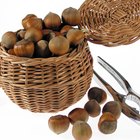
How to Eat Hazelnuts

How to Eat a Raw Chestnut
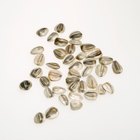
Is There a Difference Between Sunflower ...

How to Eat Hickory Nuts
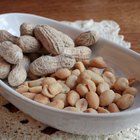
What Is the Shelf Life for Raw Peanuts?
How to Toast Pistachios
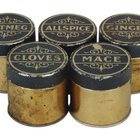
How to Make Sugared Almonds
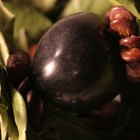
What Is a Kukui Nut?
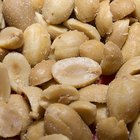
Type of Peanuts Used to Make Peanut ...

How to Store Raw Peanuts
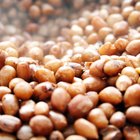
Why Do Cashews Cost More Than Peanuts?

Good Substitute for Cashews in Raw ...
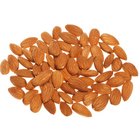
How to Cook Raw Almonds

How to Make Your Own Smoked Almonds ...
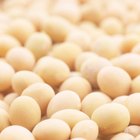
How to Cook Raw Chickpeas or Garbanzo ...

Do You Soak Raw Peanuts in Water Before ...

Can You "Sour" Almond Milk With Vinegar?
References
Writer Bio
Nicole Adams is an accomplished writer, publishing in print and online. She has submitted hundreds of articles for websites, including CBS Local and Education.com. Adams earned a Bachelor of Science in psychology with concentrated studies in health and nutrition, and animal behavior and nutrition. She loves to cook and volunteers in animal rescue.
Photo Credits
Jupiterimages/Photos.com/Getty Images